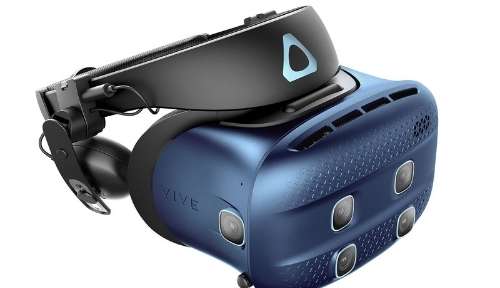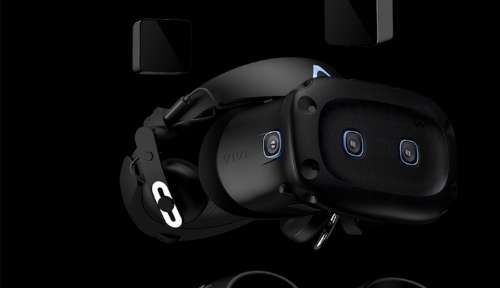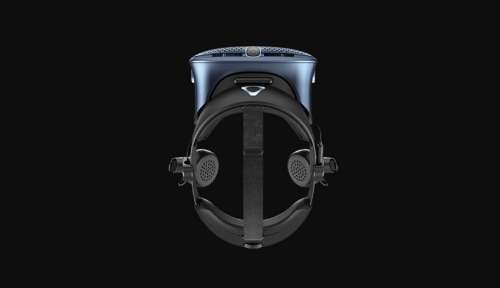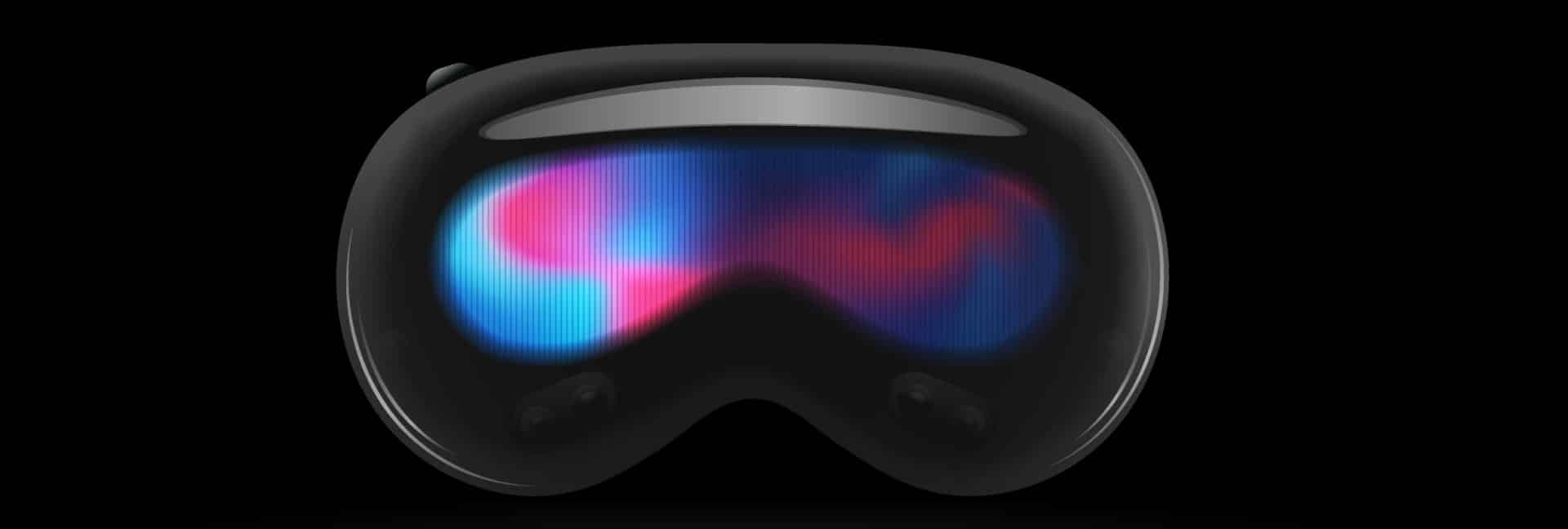Five years after the May 2019 launch of the Oculus Quest, Meta will cease to allow support for the headset on any new Quest Store or App Lab apps.
Meta (then known as Facebook) stopped selling the Quest 1 after the Quest 2 was launched in October 2020. However, given the headset’s popularity, many users still own and use their original Quest.
The upcoming changes to Quest Store and App Lab support only affect new content. Existing games and apps will still be available and supported on the Quest. The changes come into effect after April 30th 2024.
This news follows price reductions for the Quest 2, which is likely to follow a similar path as the original Quest. Let’s see how this news affects Quest 1 owners.
A Brief History of the Quest 1
Although it wasn’t released until 2019, Mark Zuckerberg first mentioned the development of the Oculus Quest at Connect 3 in 2016. Codenamed “Santa Cruz,” the new headset was the second standalone Oculus device, the first being the Oculus Go which was released in 2018.
The Quest 1 featured the Snapdragon 835, a chipset first introduced in 2017. It also had greyscale passthrough and positional tracking with 6DOF. A year after its launch, hand tracking was added. The ability to connect to a PC via Oculus Link was also added after the headset launched.
Following its release, the Quest quickly became Oculus’ best-selling headset to date. The headset was critically well-received —however, the Quest’s lifespan was short. It was removed from sale following the release of the Quest 2 in late 2020.
But the decision to call time on the Quest was somewhat of a no-brainer. When it launched less than 18 months after the Quest, its successor was already much cheaper, with double the CPU and GPU power and much better resolution and refresh rates.
In January 2023, Meta announced the Quest’s slow depreciation and followed this with its final software release in February 2023. The final system update on the Quest was v50. Currently, Quest 2, 3, and Pro headsets are on v63. Bug fixes and security updates for the Quest will continue until this August.
Oculus SDK support for the Quest stopped at v51 in April 2023. This meant that any developers using a version of SDK after v50 couldn’t support the Quest. This was required for several features like Virtual Keyboard, Super Resolution, Dynamic Resolution, and Multimodal.
Is this the End of the Quest 1?
All good things come to an end, but is this it for Quest 1? After April 30th, any new Quest apps and games won’t show up on the Quest 1’s store interface. This means developers cannot upload app builds for Quest 1-only games or provide Quest 1 builds of apps that support more than one headset.
Existing Quest 1 content will still be available. And, developers can theoretically update and support existing Quest 1 content if they choose.
However several developers have stopped supporting Quest 1 already. With the popularity of Quest 2 and 3, there were proportionally very few Quest 1 users. Additionally, the Quest’s chipset is now seven years old, making it difficult to keep providing support. These factors meant that continued Quest 1 support was not financially viable.
If you still own a Quest 1, you can still use it and download existing content. That said, many of the more recent apps and games created for Quest headsets have not had a Quest 1 release anyway.
Meta does not operate a trade-in program to upgrade headsets and it’s likely the Quest 2 won’t be available much longer. Quest 1 users wanting to move onto a new headset should either opt for the Quest 3 or wait for the rumoured release of the Quest 3 Lite.







